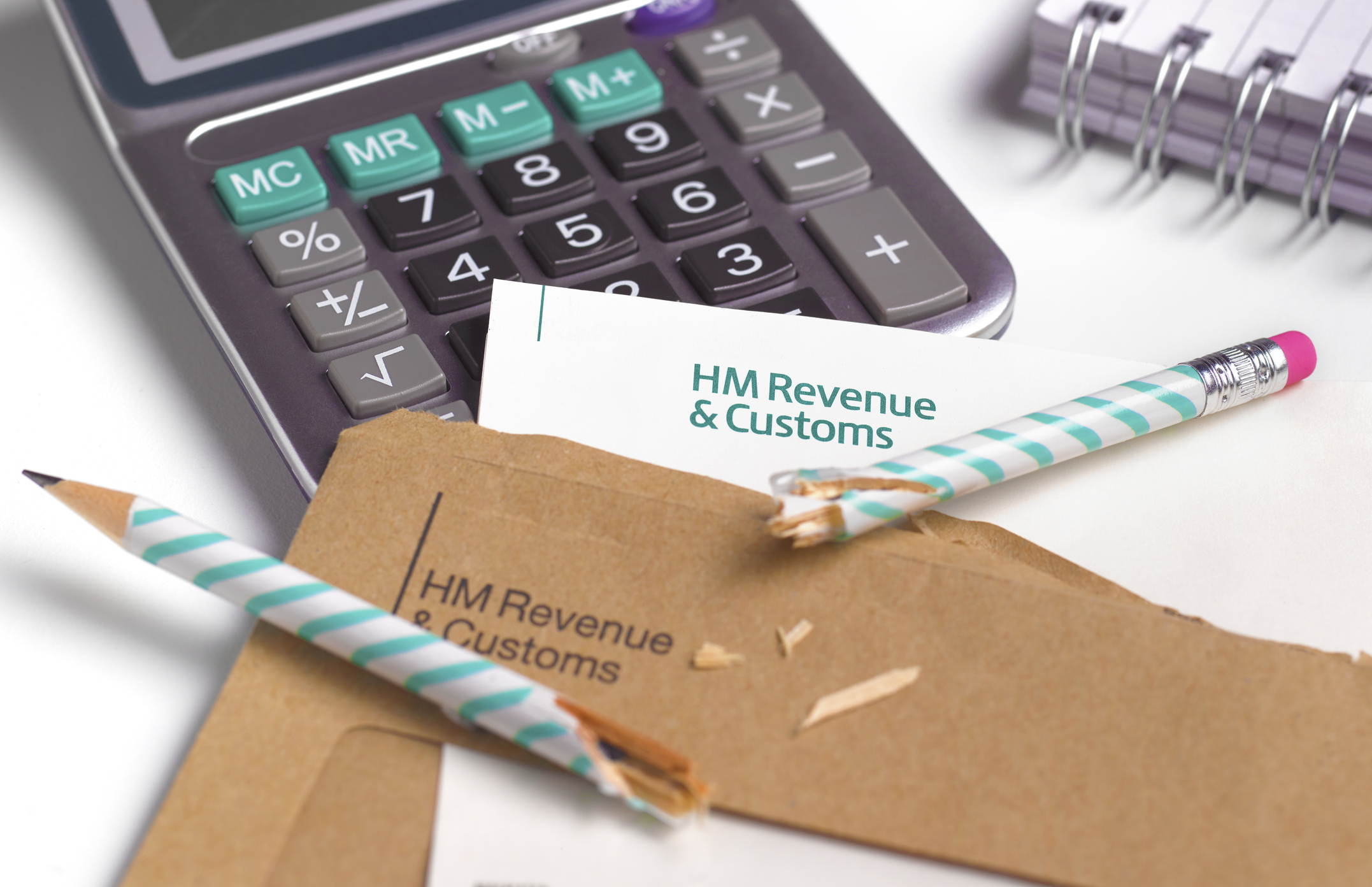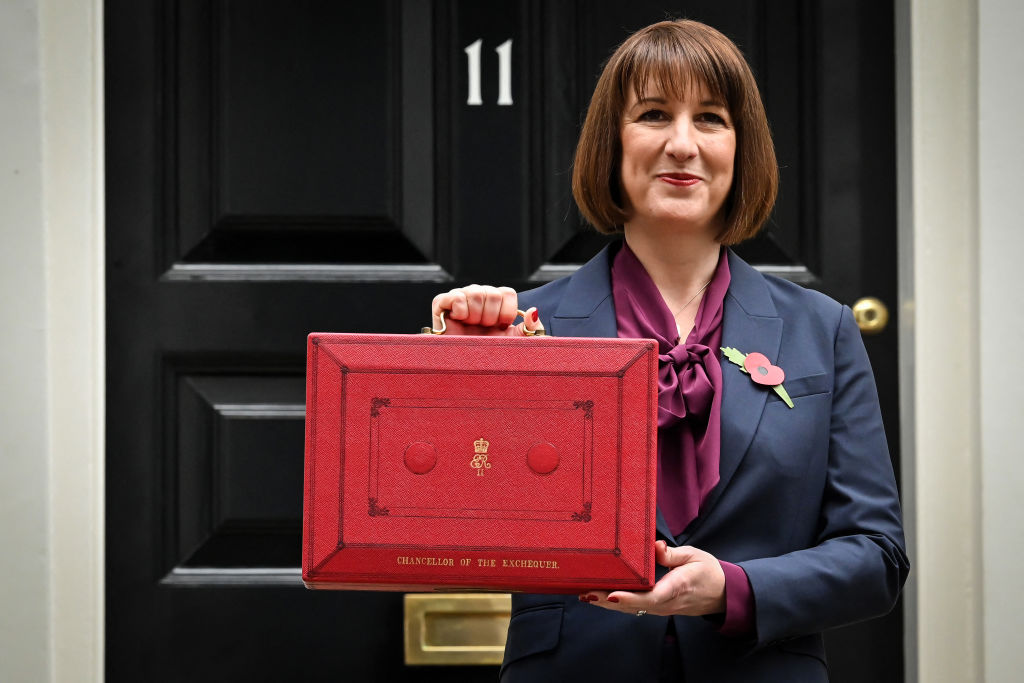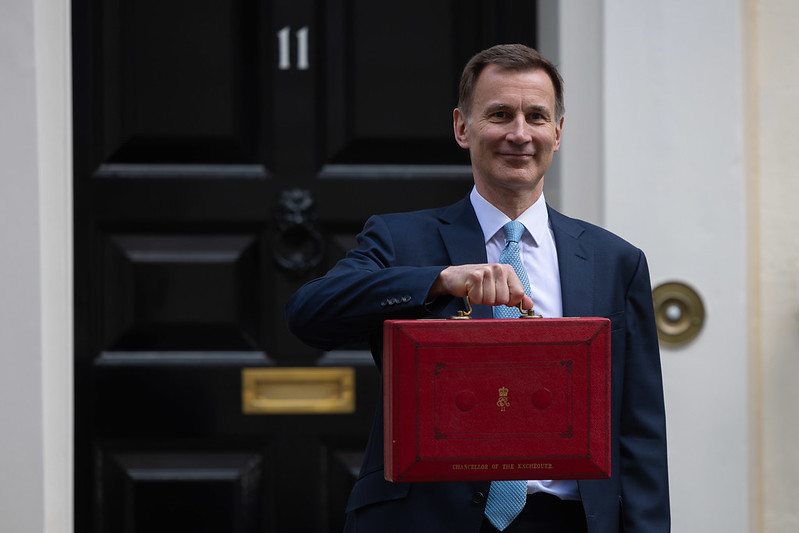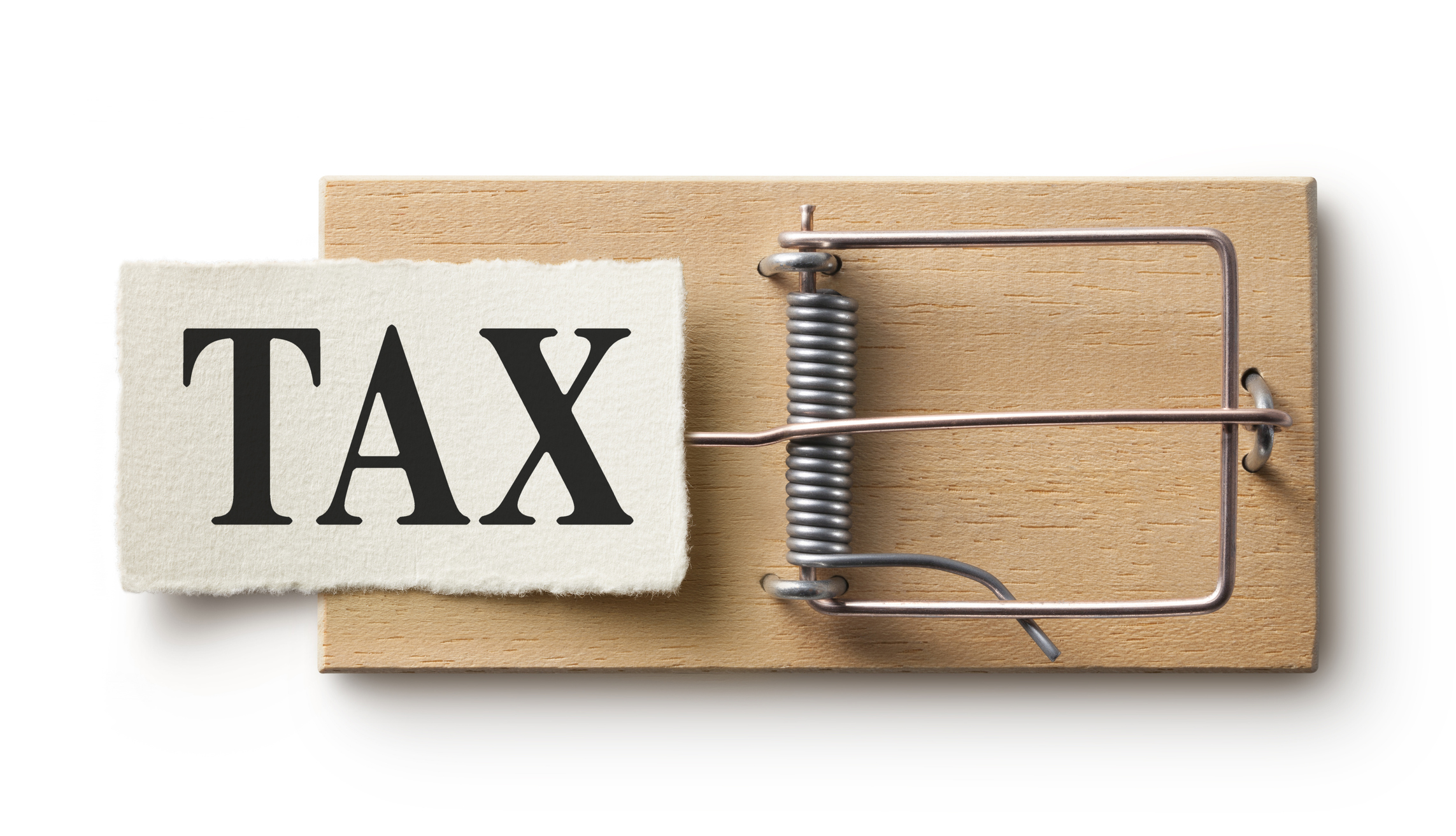£500 million state pension underpayments identified - are you owed money?
The DWP has so far identified £500m in state pension underpayments between January 2021 to October 2023. We explain how to check if you’ve been affected and how to claim your money back.

Kalpana Fitzpatrick

Get the latest financial news, insights and expert analysis from our award-winning MoneyWeek team, to help you understand what really matters when it comes to your finances.
You are now subscribed
Your newsletter sign-up was successful
Want to add more newsletters?

Twice daily
MoneyWeek
Get the latest financial news, insights and expert analysis from our award-winning MoneyWeek team, to help you understand what really matters when it comes to your finances.

Four times a week
Look After My Bills
Sign up to our free money-saving newsletter, filled with the latest news and expert advice to help you find the best tips and deals for managing your bills. Start saving today!
Around £500m has been identified in State pension underpayments for the period between 11 January 2021 to 31 October 2023.
The government said more than 82,000 underpayments have been located, worth just over £6,000 each on average.
These errors have occurred due to administration errors, such as incorrect recording of claimants' National Insurance contributions, made by the Department for Work and Pensions. These errors have been found to date back as far as 1985.
MoneyWeek
Subscribe to MoneyWeek today and get your first six magazine issues absolutely FREE

Sign up to Money Morning
Don't miss the latest investment and personal finances news, market analysis, plus money-saving tips with our free twice-daily newsletter
Don't miss the latest investment and personal finances news, market analysis, plus money-saving tips with our free twice-daily newsletter
While the DWP has been trying to locate those who were underpaid, not everyone will get a letter and you may have to contact the DWP yourself for redress.
“While it is clearly good news the government has identified almost £500 million of state pension underpayments, this is still well below the near £3 billion in total costs the DWP is expected to incur once the correction exercise has been completed," Tom Selby, head of retirement policy at AJ Bell, said.
Former pensions minister, Steve Webb, who is now partner at consulting form LCP, said the continuing scale of state pension underpayment was truly shocking, as this is not just a historical problem with 6 in 100 new pension claims being underpaid.
“Urgent action is needed to drive up standards of administration so that pensioners can have confidence that the pension they are being paid is correct," Webb said.
Who are the underpayments affecting?
The majority of errors affected married women who didn’t get an automatic increase to their state pension when their husband retired.
There were also errors recording credits for time spent at home with children.
The married woman’s rate of state pension is available to married women who do not have the full 30 years of National Insurance Contribution. The rate is set at 60% of the basic state pension your spouse gets.
This means married women could be entitled to claim up to £85 based on current rates. But currently hundreds of thousands of women could be missing out.
The errors were “primarily caused by the complexity of the basic state pension system”, said Helen Morrissey, head of retirement analysis at Hargreaves Lansdown.
The DWP is in the midst of a correction scheme to adequately pay over 200,000 people who are receiving the wrong state pension.
“Many of these underpayments go back years and amount to thousands of pounds. Government is making headway in making these repayments, but the scale of the problem is vast, and it will take time to complete but in the meantime many of these people have been under financial strain that they didn’t need to be,” said Morrissey.
The DWP also said the state pension overpayment rate was 0.1%, or £100m, for the 2022/2023 financial year.
How to check if you’re getting the right state pension
Under the DWP’s correction scheme, most should be contacted automatically, but many married women are not.
If this is the case you should contact the Pension Service, and to check if you are being underpaid, you can use this tool on LPC.
Get the latest financial news, insights and expert analysis from our award-winning MoneyWeek team, to help you understand what really matters when it comes to your finances.
Nic studied for a BA in journalism at Cardiff University, and has an MA in magazine journalism from City University. She has previously worked for MoneyWeek.
-
 RICS: UK housing market showing signs of 'tentative recovery'
RICS: UK housing market showing signs of 'tentative recovery'RICS members are becoming less negative about property sales and house prices. What does the latest data mean for the property market?
-
 Last chance to invest in VCTs? Here's what you need to know
Last chance to invest in VCTs? Here's what you need to knowInvestors have pumped millions more into Venture Capital Trusts (VCTS) so far this tax year, but time is running out to take advantage of tax perks from them.
-
 Simple assessment explained as millions brace for unexpected tax bills
Simple assessment explained as millions brace for unexpected tax billsIncreasing numbers of people could get letters from HMRC saying they owe more tax due to frozen thresholds, under a system known as simple assessment. Here is what it means for you.
-
 The most and least expensive countries to be an expat in 2025
The most and least expensive countries to be an expat in 2025With some Brits fleeing the country to avoid seemingly ever-increasing taxes, we look at the most and least expensive countries to emigrate to.
-
 Should state pension age rise to 70? Have your say in government review
Should state pension age rise to 70? Have your say in government reviewThe state pension age review will consider the “merits” of automatic increases tied to life expectancy. If you want to give your view, you’ll need to be quick, as the deadline is looming
-
 What has changed with employers’ National Insurance – and how will it impact you?
What has changed with employers’ National Insurance – and how will it impact you?Will you feel the effects of the National Insurance hike, as businesses warn of redundancies, smaller pay rises and higher inflation?
-
 Conservatives pledge to cut National Insurance again – how much could you save?
Conservatives pledge to cut National Insurance again – how much could you save?News A 2p reduction in National Insurance is a key feature of the Tory’s general election manifesto.
-
 Workers set for new national insurance tax cut – how much will you save?
Workers set for new national insurance tax cut – how much will you save?News National insurance tax rates have fallen but frozen allowances may limit the benefits.
-
 Budget 2024: National Insurance cut, a new British ISA, and reform of the child benefit charge - here’s what has been announced
Budget 2024: National Insurance cut, a new British ISA, and reform of the child benefit charge - here’s what has been announcedThe chancellor has announced a host of changes, including cutting National Insurance again, and abolishing some tax reliefs. Here’s how the Budget will affect your finances.
-
 Brace for a year of tax rises
Brace for a year of tax risesThe government is strapped for cash, so prepare for tax rises. But it’s unlikely to be able to squeeze much more out of us.
